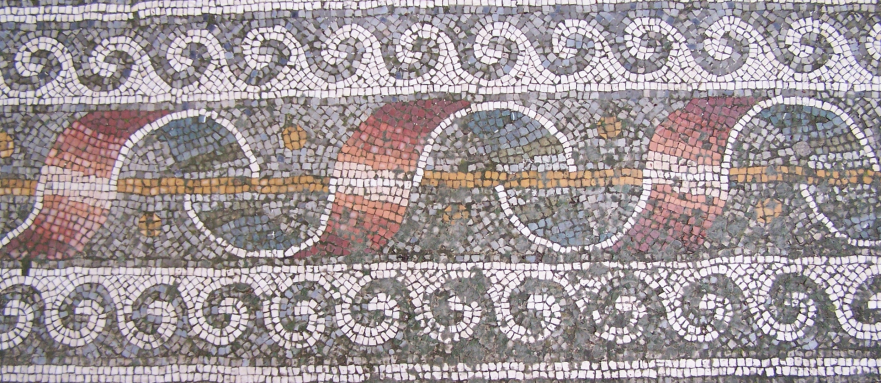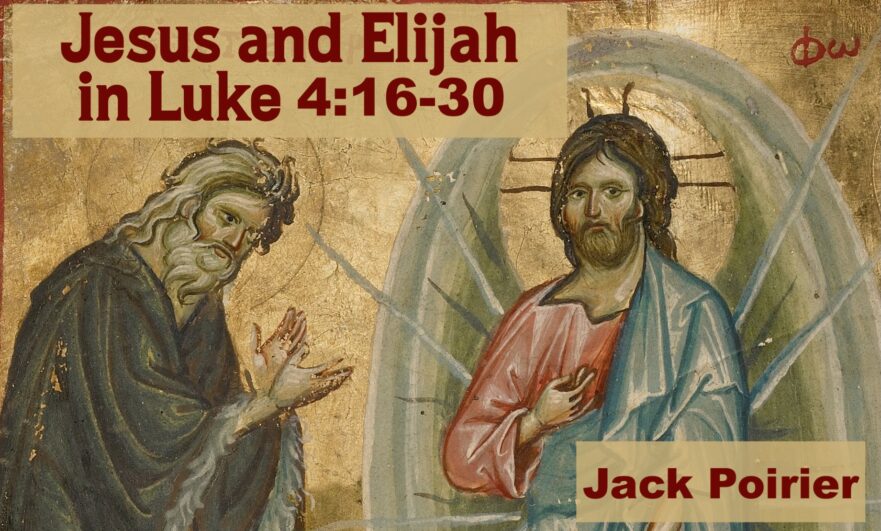In Rom. 12:3 pistis refers not to believing in God, nor to the adequacy of one’s service to God, but rather to the aspect and area of stewardship or responsibility that God has assigned to each believer.
Does God Play Scrabble?

The idea of a so-called Bible Code, in which confirmatory words or messages can be extracted from the Bible by reading the letters as they fall at a certain frequency, is completely false.
The Approval of Abraham: Traditions of God’s Acceptance of Abraham in Early Jewish and Christian Sources
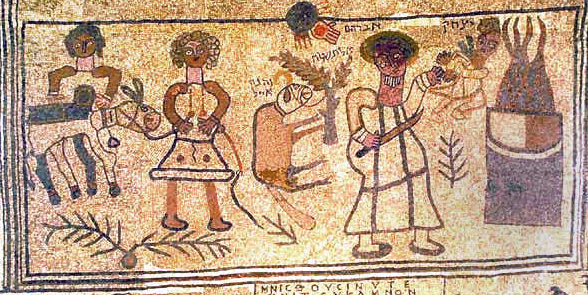
When, in ancient times, people read the account of the life of Abraham, it was common for them to ask, “When did Abraham finally make the grade? At which point in his life was Abraham approved and accepted by God?”
Divorce and Remarriage in Historical Perspective
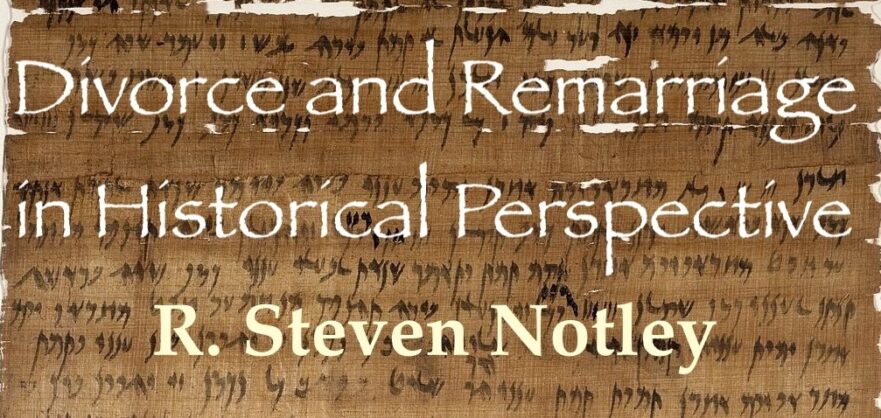
This study is dedicated to those who have suffered the agony of divorce. Tragically their pain has been compounded by well-meaning Christians who have distorted both the letter and the spirit of Jesus’ teaching concerning divorce and remarriage. For them, may this article bring a measure of healing.
The Apostles and Prophets as the Foundation of the Church (Eph. 2:20)

This essay discusses a rhetorical device that has played an important role within postliberal writings: the idea that any appeal to the canons of logical necessity and/or conceptual consistency is in itself a defection to “another” foundation, that is, to a foundation set up in opposition to the role of Jesus Christ as the “church’s one foundation.”
Can Gentiles Be Saved?
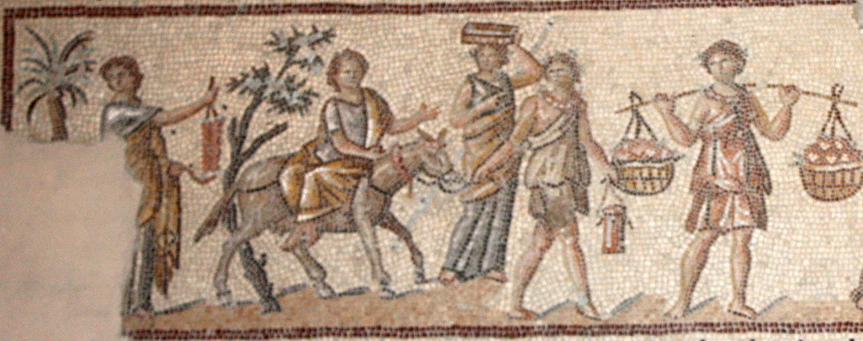
Jesus’ broadminded approach resonates with contemporary sages who belonged to the School of Hillel. In their opinion, it is better to leave God-fearing Gentiles in their blessed state with only the necessity of the moral laws given to Noah.
The Central Text in the Original Sin Controversy
Diverging views on the doctrine of original sin represent a great chasm fixed between scholars and theologians today.
The Interpretive Key to the Four Horsemen of the Apocalypse
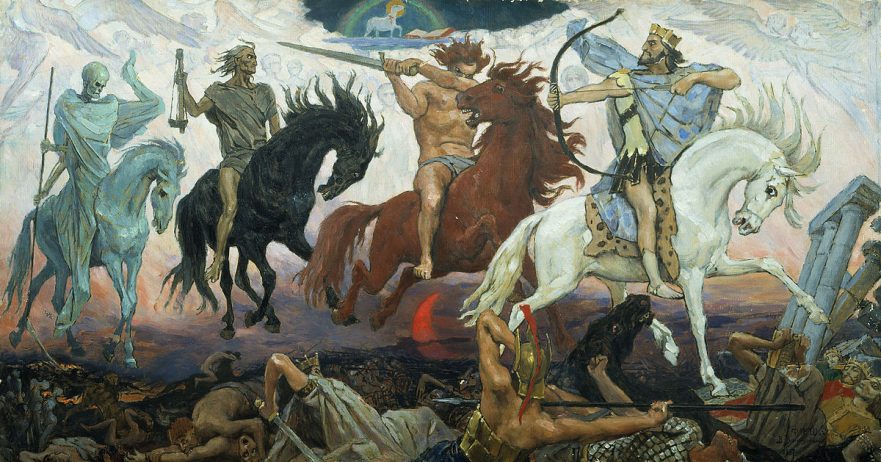
Modern readers of the Book of Revelation usually assume that the key to understanding the book lies in discovering a one-to-one correspondence between the figures it presents, and real-life figures. But the correct interpretation of the four horsemen appears only when we consider the four together as a unified symbol of widespread calamity.
Did the Early Scribes Understand John 9:3 Correctly?
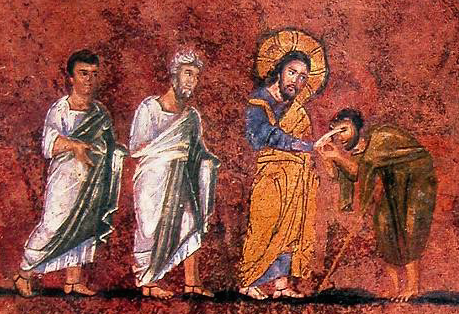
The punctuation found in later manuscripts was added by scribes, and is not original to the New Testament.
The Cross and the Jewish People
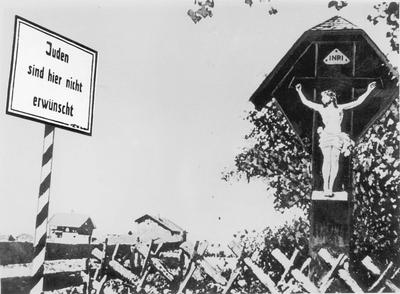
One of the most poignant pictures which exemplify the chasm of historical misunderstanding between Jews and Christians is that found in Yad Vashem, the Holocaust memorial in Jerusalem. It is a photograph of a life-size crucifix that stood outside an unknown German village prior to World War II. In a twist of tragic irony a sign was hung on the cross to warn Jews not to enter the village. It read: “Jews are not welcome here.”
Casting Down Modern Imaginations
Some scholars have plausibly argued that the Enlightenment’s preoccupation with the problem of knowing was a direct product of the Lutheran and Reformed “theologies of the Word” that emerged from the Reformation…
Romans 11: The Olive Tree’s Root
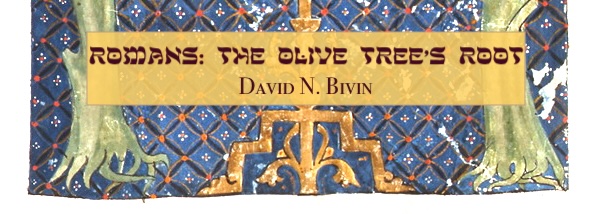
Paul spoke about Israel as a “cultivated olive tree” whose rootage was in the Patriarchs, particularly Abraham. Some Bible commentators, however, interpreted the root of the olive tree as Christ or his messianic program.
The Sabbath Was Made for Man
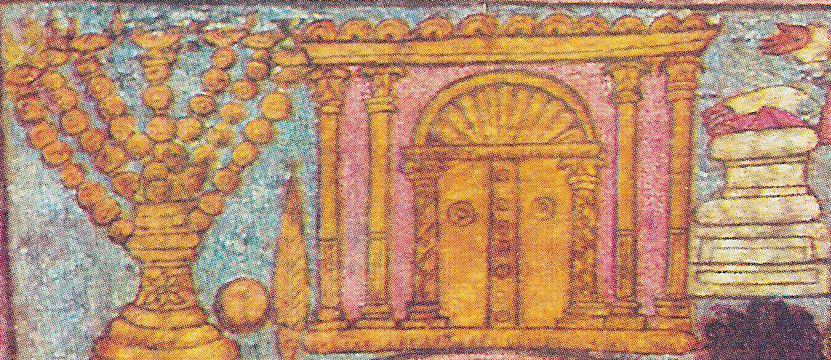
Jesus was no rogue rejecting the Jewish opinion regarding the sanctity of the Sabbath. Instead, he tried to balance the importance of God’s instruction with the extenuating demands of the human setting.
Were the Pharisees “Legalistic”?

If we define legalism as “works righteousness,” then we cannot apply it to the Pharisees, because the Pharisaic understanding of piety was not based upon this concept.
No Longer Aliens (and Enemies) of the Commonwealth of Israel!
According to the New Testament, a pagan who becomes a follower of Jesus and enters the Kingdom of Heaven (in conservative Christian parlance, “gets saved”) becomes part of the Commonwealth of Israel.
Beyond an Inheritance

Could it be that the original integrity of Jesus’ message about the Kingdom of Heaven was later compromised by the presence of other expectations of a messianic-eschatological character that circulated promiscuously in early Christian communities?
A Divine Messiah?

A reader asks for information on the various Jewish sects’ views of the deity of the Messiah.

